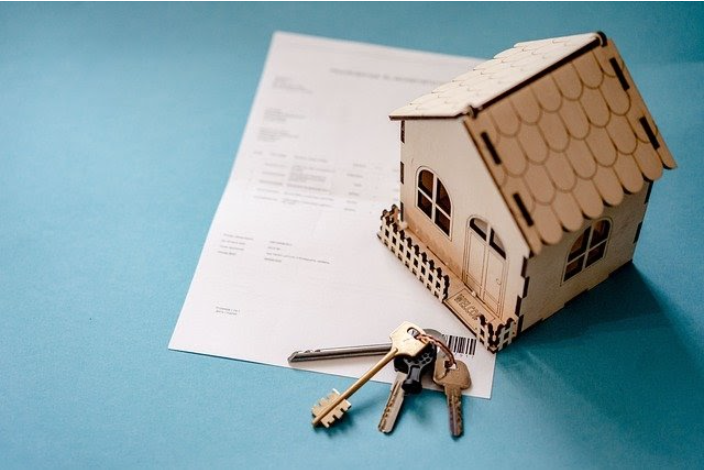The mortgage process is one of the most confusing things to understand for someone who has never experienced it. There are so many terms and phrases that are thrown at you that it’s hard to keep track of them all. Not to mention, people usually have a lot of questions that they want to be answered before they sign off on something as major as a house purchase! This guide will help you understand what you need to know in order not to be left in the dark any longer.Â
Understanding your credit score
Your credit score affects everything from whether or not you can get approved for a loan, how much interest rates will cost, and even if some lenders refuse service altogether. In other words, as this mortgage broker in Omaha explains, knowing your credit score is critical to the entire mortgage process. The best way to find your credit score is through a simple internet search, there are websites out there that will provide you with your credit score for free!
What kind of loan do I need?
There are several different types of loans available. Each type has its own benefits and drawbacks. When shopping around, you will want to keep the following options in mind:
– Fixed-Rate vs. Adjustable Rate Mortgage (ARM): A fixed-rate mortgage is just what it sounds like. Your interest rate and the monthly payment stay the same until you renew the contract or sell your house. The benefit of this type of loan is that you know exactly how much your monthly payment will be for the life of the loan. The drawback is that your interest rate might increase if market rates go up, so you’ll have to decide if locking in a lower rate now is worth the risk of paying higher rates down the road.
– FHA (Federal Housing Administration) vs Conventional: FHA loans are insured by an agency of the federal government. There are lower down payment and closing cost options than with a conventional loan, but it’s harder to qualify for FHA loans. This might be a good option if you have bad credit or little savings set aside.
– VA (Veterans Administration) vs Conventional: The Veterans Administration also insures mortgages, but they are generally more lenient in their qualification requirements than the FHA. Conventional loans do not require insurance, but they can be harder to get for veterans with non-honorable discharges or bad credit history.Â
When does loan pre-approval happen?
Loans usually take several weeks to process, even when you’ve been pre-approved. When you apply for a mortgage, the lender has to pull your credit report and verify all of your information before you can be officially pre-qualified.Â
Then they have to run your credit again in order to officially pre-approve you for a loan. This just means that they see that you’re likely enough to get approved for a loan that they’ll feel comfortable putting in an offer on a house. It doesn’t mean you’re guaranteed approval, though! The only way to know for sure is if you actually apply for the loan and are approved.
Home inspections
Most lenders require your potential home to go through a final inspection before they will approve the loan. This is because it protects them in case the house turns out to have problems that you didn’t tell them about (for example, if there’s a termite infestation). The good news is that this inspection can be done after you find a home and before you make an offer on it so it doesn’t delay the buying process at all.
Closing costs
These are fees that you’ll be expected to pay at closing. Some of them, like escrow fees for property taxes, hazard insurance, and private mortgage insurance (if your down payment is less than 20%), will show up on your monthly mortgage statement every month after you buy the house. But there will also be closing costs that you pay at the end of the process.Â
Some lenders will give you an estimate of your closing costs, but it’s important to remember that this doesn’t include everything. The lender will make a list of all closing costs and give it to you (this is usually called the “Good Faith Estimate”) so that there are no surprises. It’s a good idea to talk with your real estate agent about what you can expect so that you know as much as possible before the process starts. We all want to be as prepared as we can!
If you’re looking to buy a home, it can feel like there are so many terms and phrases that come at you from every angle. The good news is that we’ve provided an easy guide to understanding the mortgage process in this article for all of your questions! From what FHA loans are available, how pre-approvals work, or when inspections happen, these articles will help answer any question you have about buying a house. If you need more information on anything related to mortgages specifically before making your decision, don’t hesitate to talk with an expert today.
























